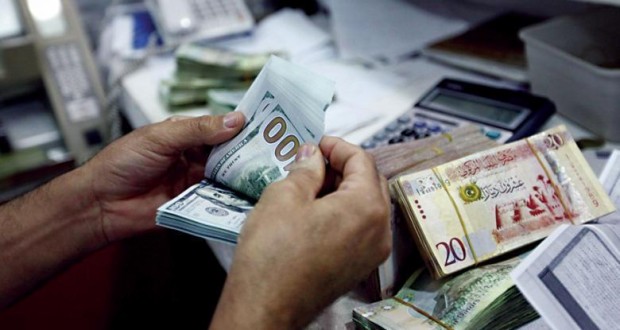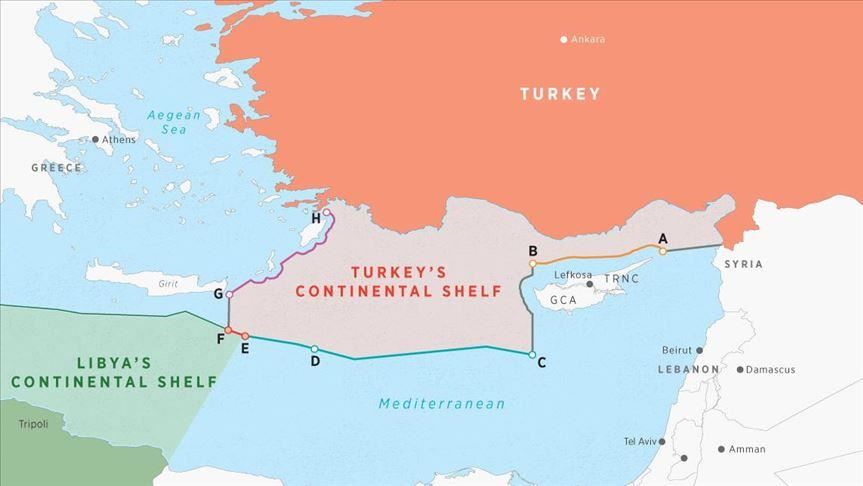Libya’s political crisis impacts prices and food security
Published on 2024 September 16, Monday Back to articles
Libya food costs are increasing sharply
Libya’s ongoing political and economic crisis remains at a critical juncture following the current turmoil over control of the Central Bank of Libya (CBL). The parallel eastern-based Government of National Stability (GNS) responded to CBL governor Sadiq el-Kabir’s dismissal — and the subsequent forcible takeover of the bank by the new Presidential Council appointed administration — by declaring force majeure and shutting down the country’s oil production and exports. On 11 September, new statistics from the data and analytics firm Kpler showed that Libyan ports had shipped an average of 194,000 b/d marking a huge drop from the just over 1.0 million b/d in the previous week. With oil revenues still by far Libya’s most important source of revenue, this has exacerbated its economic vulnerability. The recent visit to the US by the National Oil Corporation (NOC) chairman, Farhat Bengdara, is seen as an attempt to persuade Washington to apply more pressure to resolve the CBL conflict so that oil production may resume.
The intensified economic challenges have significantly impacted prices and food security. On 24 August a World Food Programme (WFP) report revealed that the cost of the minimum food expenditure basket has surged by around 15% this year. This increase reflects broader economic distress, aggravated by the political and institutional instability surrounding the CBL.
The WFP’s report reveals that food basket prices have fluctuated a little in recent months with prices in southern Libya about 2% higher than the national average which has highlighted the economic imbalances exacerbated by the CBL crisis. The recent depreciation of the Libyan Dinar, and the previous imposition of taxes on foreign currency transactions, have reduced purchasing power and increased the cost of imported goods. Fluctuations between the official and parallel exchange rates have further exacerbated these challenges. The weaker Libyan Dinar has made inflation worse which has made basic necessities increasingly unaffordable. The WFP warns that the combined impact of high global food prices and a depreciating dinar is significantly reducing consumers’ purchasing power and making it difficult for many to afford essential goods.
The Consumer Protection Associations Union’s Mohamed al-Greitli has highlighted that prices for basic commodities have risen by 48% in recent months. This is linked to the CBL’s failure to cover the Letters of Credit required for imports which exceed US$1.5 billion a month. The persistent salary payment delays only exacerbate the financial strain on citizens. Al-Greitli noted that Libya’s essential food reserves are critically low with only about four months’ worth of supplies in store. The lack of a coherent economic policy and governance is further aggravating the situation. The absence of a strategic food reserve and outstanding debts owed to traders — including LD2.4 billion (US$500 million) owed to the Price Stabilisation Fund — only heighten the risk of a food crisis.
The CBL crisis has had profound and far-reaching effects on economic stability, with a significant impact on food prices and security. The surge in the cost of the minimum food basket, coupled with the weakening dinar and an ineffective governmental response, has heightened the risk of a food crisis and worsened the financial strain on consumers. Addressing these challenges requires a resolution to the political instability surrounding the CBL, along with comprehensive economic reforms and effective governance. The situation underscores the need for both local and international efforts to stabilise Libya’s economy and guarantee food security for its population.
This excerpt is taken from our Libya Politics & Security weekly intelligence report. Click here to receive a free sample copy. Contact info@menas.co.uk for subscription details.


